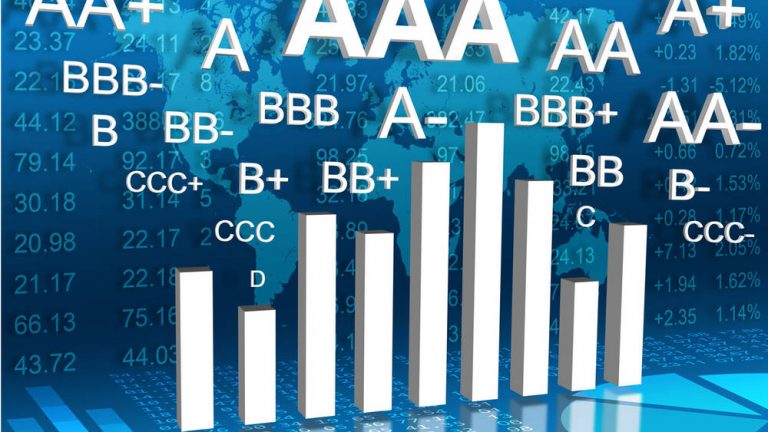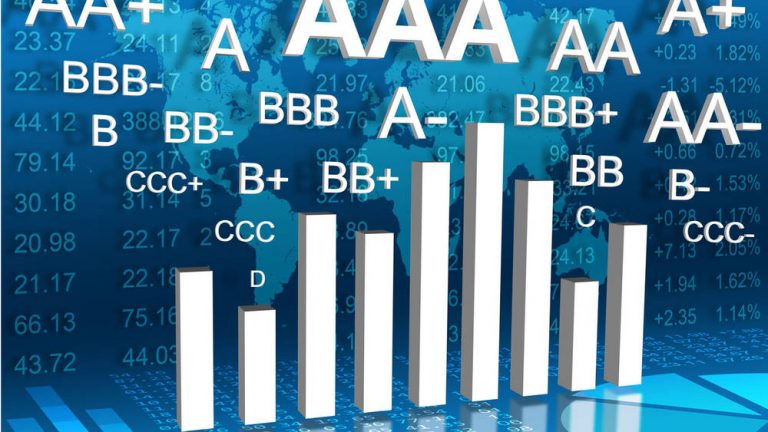As the dust settles on the recent sovereign downgrades of Trinidad and Tobago and the Minister of Finance’s vexation levels recede, we take a look at the wider issue of sovereign downgrades. Are we alone and does it matter?
Introduction
International credit ratings of Trinidad and Tobago is a subject that we have covered extensively in our blog. Many – including our Minister of Finance – are vexed by what seems to be a continuous spiral of downgrades.
But as we shall see, we are not alone, and at the end of the day…does it really matter?
Setting the scene
Moody’s Investor Service (Moody’s) and Standard and Poor’s Global Ratings (S&P) visited Trinidad and Tobago in March and April 2017 respectively.
On the 21st April 2017, S&P downgraded Trinidad and Tobago’s sovereign credit ratings from A- to BBB+ and reassessed the country outlook from negative to stable leaving Trinidad and Tobago in “investment grade” territory.
Four days later, Moody’s downgraded Trinidad and Tobago’s issuer and unsecured debt ratings from Baa3 to Ba1, assigned an outlook of stable (up from their previous negative assessment), effectively ranking Trinidad and Tobago debt as non-investment grade or – if you prefer – placing it within the realm of “junk” status.
We Are Not Alone – Many Countries Got “Clobbered”
The first thing we should recognise is that we are not alone.
2016 was a record year for downgrades, with Fitch downgrading 16 countries and S&P downgrading 21. The other main rating agency, Moody’s, clobbered more countries than anyone, downgrading 25 in total.
Most of the 2016 downgrades arose because of one – or in some cases – a combination of three factors:
- Falling commodity prices (witness Trinidad and Tobago);
- A stronger US Dollar (witness Trinidad and Tobago) and;
Historically, downgrades have occurred at all levels including countries at the top of the economic Totem Pole. The number of government bonds with top tier AAA ratings and a stable outlook has dropped to ten.
A decade ago the number stood at 16.
Those left with AAA ratings and a stable outlook at the time of writing of this blog entry are: Canada, Denmark, Germany, Liechtenstein, Luxembourg, The Netherlands, Norway, Singapore, Sweden, and Switzerland.
Reasons for a downgrade aside, the question begs – does it matter?
Do Sovereign Credit Ratings Matter – The Minister of Finance Gets Moody
The Minister of Finance clearly thinks ratings matter.
On 10th May 2017, the Minister of Finance, the Honourable Colm Imbert presented the PNM administration’s 2017 Mid-Year Review.
The review covered many issues including sovereign ratings.
The Minister was clearly vexed with Trinidad and Tobago’s downgrades and particularly so, with Moody’s downgrade.
The Minister stated:
“In the case of the Ba1 rating by Moody’s, the Ministry of Finance is of the view that the downgrade from Baa3 to Ba1 is unwarranted given Trinidad and Tobago’s significant buffers which even Moody’s acknowledges infer moderate external risk to the country. However, it is difficult to understand how a country with the following characteristics can be deemed a moderate credit risk:
- Net official reserves of US$9.1 billion or 10 months import cover;
- A Heritage and Stabilisation Fund of US$5.5 billion, the equivalent of 25% of GDP; and
- Deposits in sinking funds for the express purpose of repaying debt totalling TT$6.5 billion.”
The Minister concluded that “Moody’s most recent rating is thus puzzling to say the least.”
Do Sovereign Credit Ratings Really Matter – The Investors Perspective
From the investors perspective, sovereign credit ratings are still important because they give an important insight into the economic and political risks associated with investing in a country (I expand on this below).
Do Sovereign Credit Ratings Really Matter – It Matters Where You Started
The impact of a sovereign credit downgrade on the appetite of a lender to invest in that country is dependent on the credit rating the sovereign country had prior to the downgrade and the level of financial distress being suffered by the country.
A downgrade from AAA/Aaa to AA+/Aa1 will have much less of an impact than a downgrade from BBB-/Baa3 to BB+/Ba1 (effectively the Moody’s downgrade referred to above) simply because the latter moves the sovereign from ‘investment’ grade to ‘junk’ status.
Do Sovereign Credit Ratings Really Matter – The Investment Fund Factor
Sovereign credit ratings can impact on a country’s ability to access bond markets as credit ratings determine whether some institutional investors are permitted to invest in that country’s security.
To expand on this – consider that many investment funds have investment protocols (policies and procedures) that dictate that they can only invest in securities with a certain minimum grade. That minimum grade (and this is often the case in practice) might be set at a level to preclude investment in junk status securities.
Do Sovereign Credit Ratings Matter – Country Exposure Limits
Lending entities typically establish policies and procedures that limit their exposure to risk by country. Limits are set dictating the maximum amount the lender can make in each country. While lending entities don’t typically publish their policies and procedures, country risk will inevitably be one factor that determines the total limit a lender is permitted to invest in each country. The higher the country risk, the lower the permitted investment limit.
Do Sovereign Credit Ratings Really Matter – The Reasons Behind the Downgrade
While nearly all lenders have an appetite for commercial risk in project financing (the risk that cashflows from a project won’t service the debt advanced over the life of the project), evidence suggests that they have less appetite for country downgrades that are driven by increased political or macro-economic risk. To the extent that the downgrades of Trinidad and Tobago are based upon macro-economic factors, the downgrade will matter and it will have an impact on the cost of raising finance in the future.
Do Sovereign Credit Ratings Really Matter – The Final Analysis
In the final analysis, a borrower raising finance for a project that is based on a country that has recently experienced a downgrade, or like Trinidad and Tobago, has experienced several repeated downgrades, may face demands from potential lenders for higher rates of return, more restrictive covenants, and enhanced security coverage.
That is the reality that Trinidad and Tobago faces.
Closing thoughts – a time to chill and a time to invest?
Firstline Securities Limited offers comprehensive coverage of local and international markets with a bias for the energy sector. Firstline offers many unique opportunities to put surplus cash to work either as your asset manager or investment advisor. Please contact us for more details at info@firstlinesecurities.com or at 868.628.1175, we can discuss your investment needs in detail and craft a portfolio that makes sense for you. We look forward to hearing from you.




